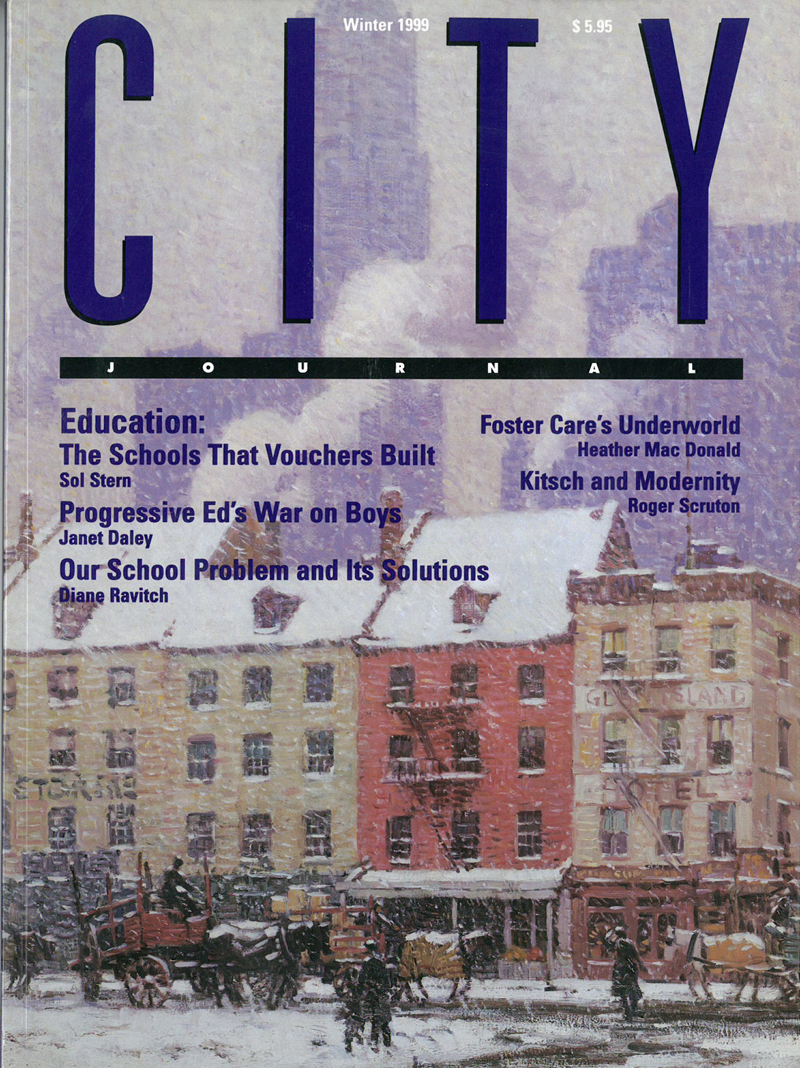Mayor Giuliani's suggestion a few months ago that New York's methadone clinics should be closed has predictably drawn howls of rage—or is it fear?—from the many professionals who are nearly as dependent upon the drug as their patients.
Finally, a reason to check your email.
Sign up for our free newsletter today.
Though New York requires methadone patients to receive doses on clinic premises—and thus avoids the excesses of England's policy, which allows them to take their dose with them, often only to sell it on the street—the controversy has uncovered a potential conflict between clinicians and policymakers. The doctor's duty is to do what is best for his individual patient, and, confronted by a lawbreaking heroin addict whose life is a chaotic mess, he may see methadone as at least a partial answer. Considerable evidence exists that, in many cases, the regular prescription of the drug reduces heroin addicts' lawbreaking; and if they don't become upstanding pillars of the community, at least they cease being quite so destructive of themselves and others. This is a triumph of a kind.
By contrast, the policy-maker's interest is in the damage done to society by drug addiction rather than in the fate of individual addicts. He doesn't really care that a crime is motivated by Mr. B's drug habit rather than by Mr. A's, unlike Mr. A's doctor, who cares very much; and if methadone treatment accomplishes no more than to give you two addicts for the price of one—Mr. A to methadone and Mr. B to heroin—then methadone treatment appears to be a very bad bargain indeed, an additional cost rather than a saving. After all, with energetic dealers trying so hard to push their illegal wares, the supply of an addictive substance like heroin is bound to find its demand, even if some customers defect to methadone. Thus, proving that methadone is good for an individual is not the same as proving it good for society: and Mayor Giuliani's responsibility is for New York as a whole.
As with all social policy, a symbolic as well as a practical aspect is at work. The mayor wishes to signal that we should not think of drug addiction as an illness like any other; that a heroin addict who takes methadone is not like a diabetic who takes insulin, to repeat one doctor's fatuous analogy. Indeed, to treat addicts as if they suffer from something, rather than having chosen it, excuses their addiction and confirms them in it. There is nothing an addict likes more, or that serves as better pretext for continuing his present way of life, than to place the weight of responsibility for his situation somewhere other than on his own decisions.
Of course, the actual effect of any policy may turn out differently from what was expected. Experience forever provides us with nasty surprises: but that is as true for the mayor's opponents as for his supporters. One thing is certain: if the city put the mayor's ideas into practice, and if they worked, there would be universal mourning among the thousands of professional carers for addicts: for they are, in a manner of speaking, addicted to addicts. They can't get enough of them.
